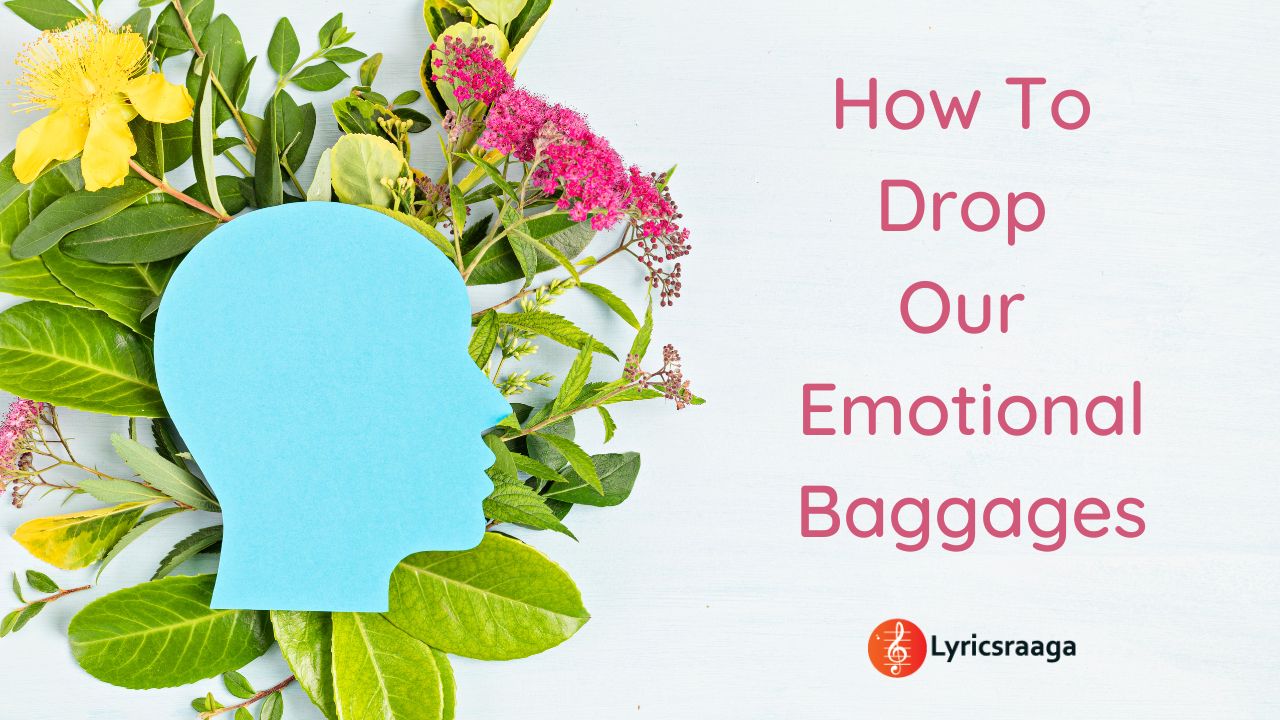How To Drop Our Emotional Baggages
How To Drop Our Emotional Baggages: Emotional baggage refers to unresolved emotional issues or traumas from past experiences that continue to affect an individual’s thoughts, feelings, and behaviors in the present. This can include negative beliefs, attitudes, and behaviors that stem from past experiences of rejection, betrayal, abuse, or neglect. Emotional baggage can also be related to unresolved conflicts or unexpressed emotions, such as grief, anger, or resentment.
Carrying emotional baggage can impact an individual’s mental health and well-being, as it can lead to anxiety, depression, low self-esteem, and difficulties in forming and maintaining healthy relationships. It is important to recognize and address emotional baggage through therapy or other forms of support in order to heal and move forward in life.
Dropping emotional baggage can be a difficult and complex process, but here are some steps you can take to start letting go of negative emotions and experiences:
1. Acknowledge your emotions: The first step is to recognize and acknowledge the emotions and experiences that are weighing you down. This can involve reflecting on past experiences, journaling, or talking to a trusted friend or therapist.
2. Practice self-compassion: It’s important to be kind and gentle with yourself as you work through your emotions. Treat yourself with the same kindness and understanding that you would offer to a good friend.
3. Identify patterns: Take some time to reflect on the patterns or habits that may be contributing to your emotional baggage. Are there certain situations or people that consistently trigger negative emotions for you? Understanding these patterns can help you work to break them.
4. Let go of blame and resentment: Holding onto blame and resentment can keep you stuck in a negative cycle of emotions. Try to let go of any blame or resentment you may be holding towards yourself or others, and focus instead on finding a path forward.
5. Practice mindfulness: Mindfulness is the practice of being present in the moment and accepting your thoughts and emotions without judgment. This can be a powerful tool for processing emotions and letting go of negative experiences.
6. Seek support: Don’t be afraid to seek support from loved ones or a mental health professional as you work through your emotional baggage. Having someone to talk to and offer guidance can make the process feel less overwhelming.
Remember that letting go of emotional baggage is a journey, and it may take time and effort to fully release negative emotions and experiences. However, by taking these steps and staying committed to the process, you can begin to feel lighter, more at peace, and more able to move forward in your life.




